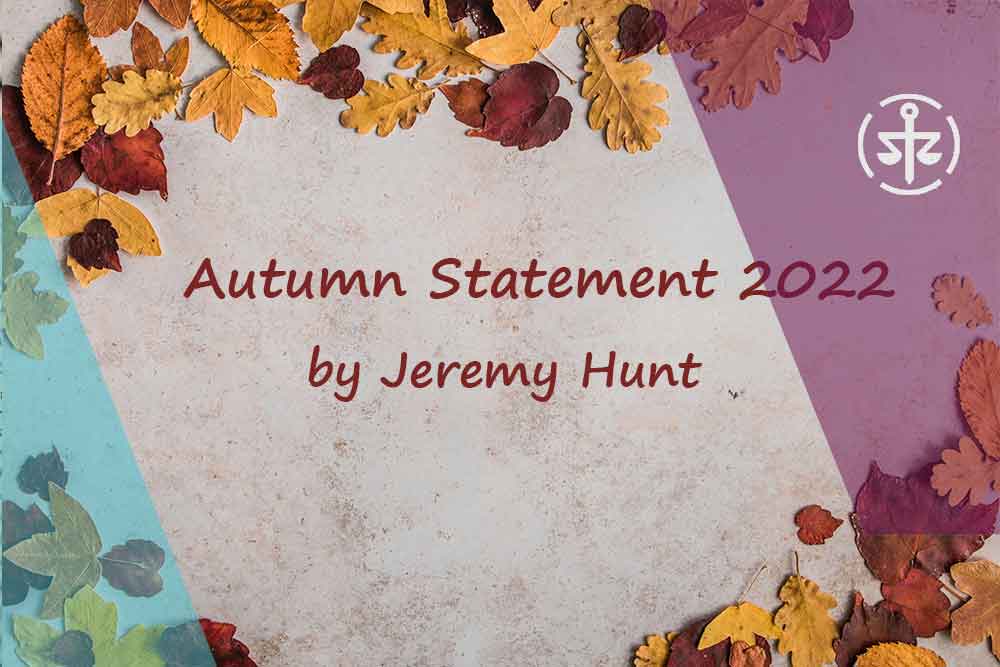On the 17th November the full Autumn statement was finally released by Chancellor Jeremy Hunt, focussing on the UK’s financial situation and the changes he is making to try and combat inflation
A plethora of changes were announced and as many words were said. But what are the main takeaways from his speech? Since the UK has now been confirmed to be in a recession, people are worrying about how to continue to pay bills and save money during the cost of living crisis.
Assistance with energy bills
Paying escalating gas and electricity bills has recently become a huge issue, so it came as no surprise that energy bill aid will now be extended another year, albeit less generously than previously.
One of the headline ways that the government will be helping the supply of money in the economy is by increasing the windfall tax on the profits made by oil and gas firms. A 10 percent jump from 25% to 35% will be put in place until March 2028; it comes after outrage at the unexpectedly large profits companies such as BP and Shell have made in 2022 in the wake of Russian energy issues.
Living wage & tax increases
An increase in the National Living Wage to £10.42 per hour from April 2023 was announced, some welcome news for those over 23 who are struggling to save any money at all right now. State pensions will increase as well – up 10.1% – keeping them on par with rising inflation. It was announced that the state pension age will be reviewed in 2023, so perhaps expect the age to increase and more people having to work even later in life.
Jeremy Hunt called for those who earn more than the average UK resident to start paying more in taxes. He will “ask more from those who earn more” by lowering the threshold on the 45p income tax rate from £150,000 to £125,140, pushing many more into the higher tax bracket.
Other ways to earn money will also be more taxing, as personal tax thresholds will be frozen until 2028. Along with the rise in National Living Wage this bumps almost everyone working hourly paid jobs full-time into the 20% tax rate band.
If you were to sell assets, such as a car or a second home, the amount of any capital gain you can keep before paying tax will fall significantly. Currently, you can accrue a gain of up to £12,300 on sale of assets before being taxed, but next year it will be lowered to £6,000 and halved again in 2024/2025 to just £3,000.
The Inheritance Tax threshold has also remained static, which means as property prices rise again, more estates will be subject to tax.
Budget winners: benefit claimants and house buyers
There are some positives coming out of the Autumn Statement.
For instance, it was announced that the housing support fund for vulnerable households would receive £1 billion in funding and those who receive means-tested benefits will get an increase in help for bills.
Social rent has been capped at 7% and while it may seem unfair that your rent could inrease by up to £340 next year, without this rent cap rent could have risen to 11%, in line with inflation trends.
Some good news too for those who are looking to buy a home, as Stamp Duty cuts will remain until the end of March 2025, in an attempt to help a housing market that has taken a hit over the last few months.
Fast forward to April 2025, and the new Labour government imposed swingeing increases to SDLT, keeping to Hunt’s timetable.
How we can help
Here at Cunningtons we stand ready to assist you with your next home move, or advise you on how you can mitigate your inheritance tax liabilities.
Please do contact us today to see how we can help you.

